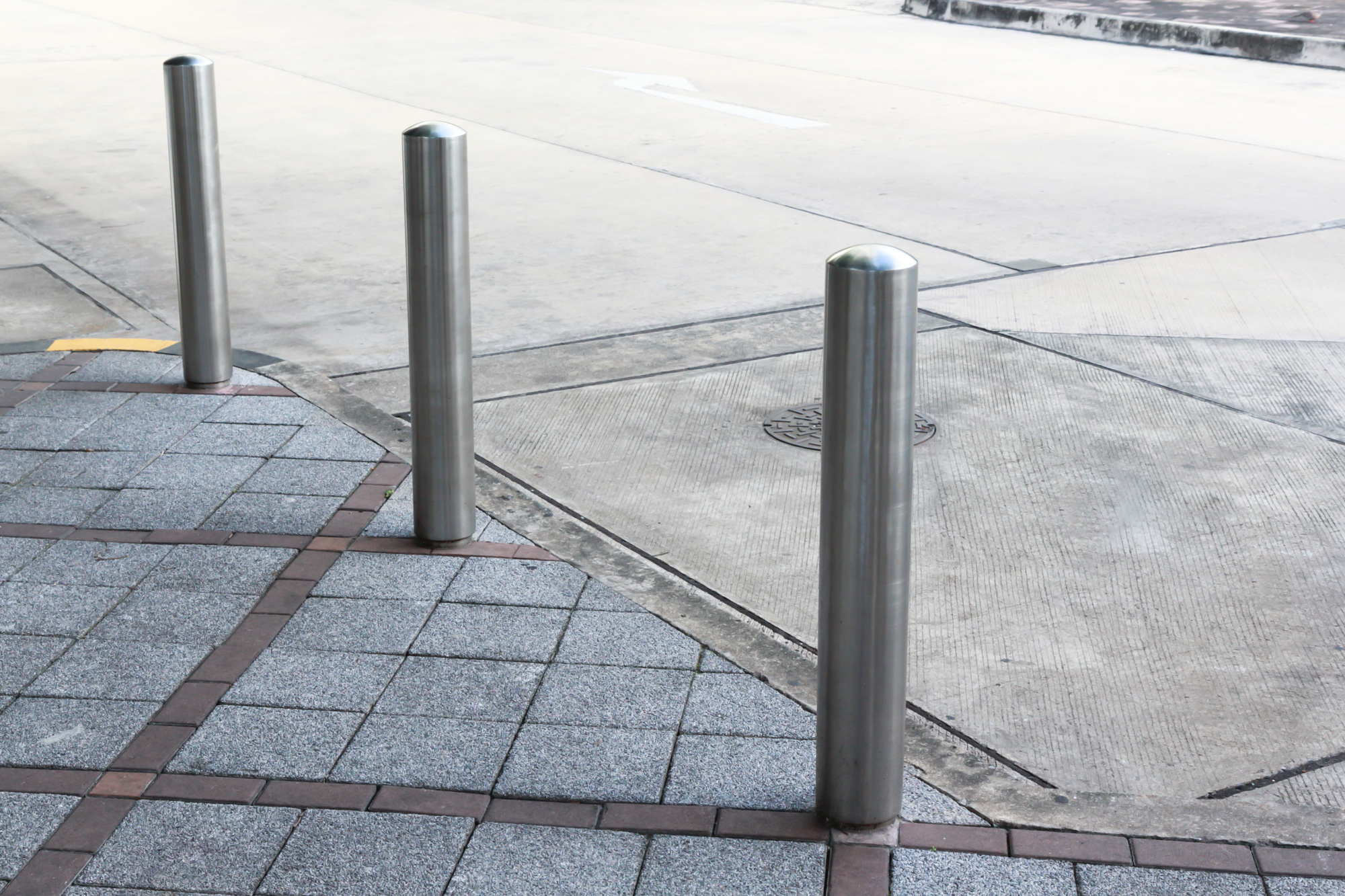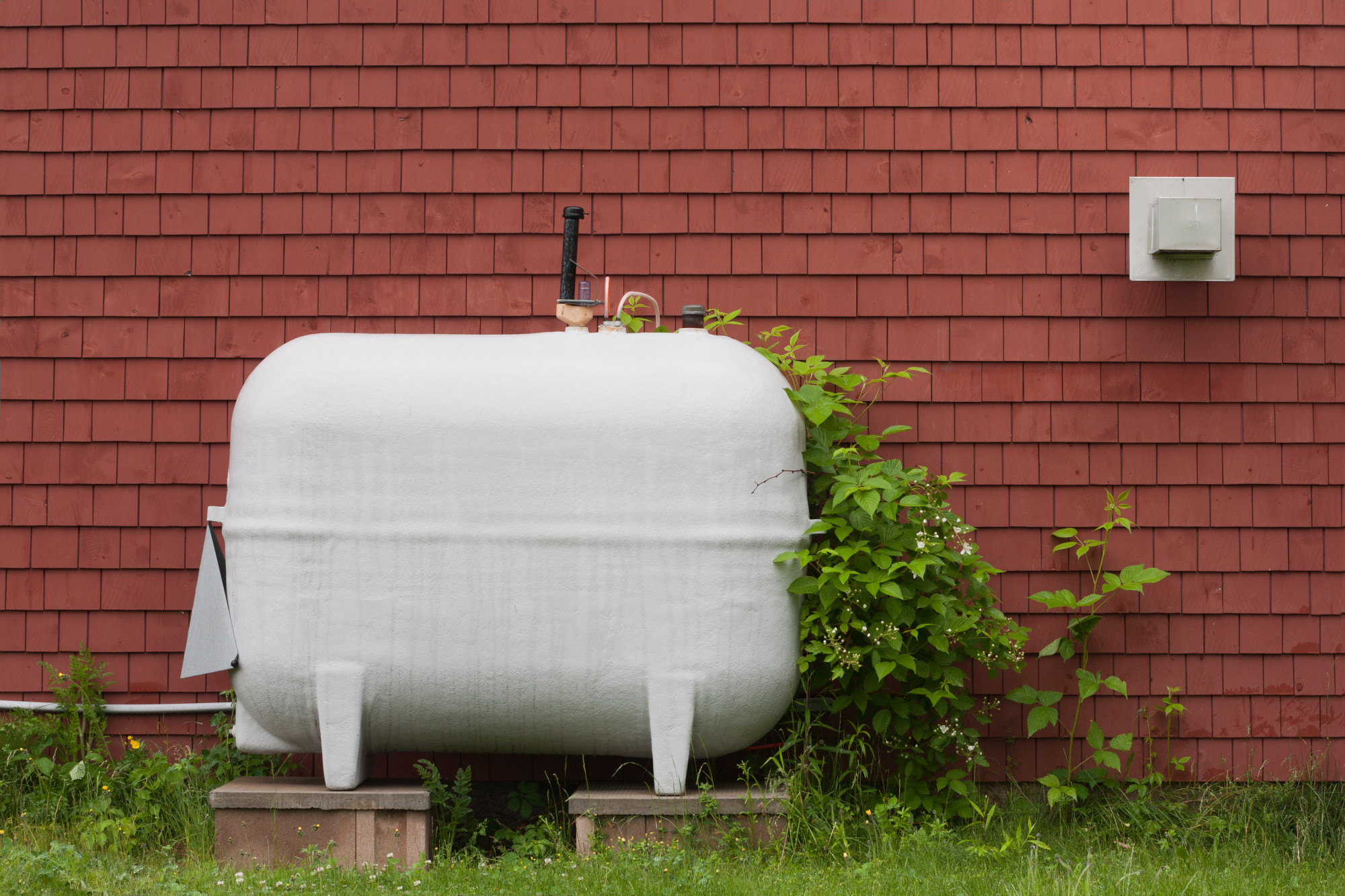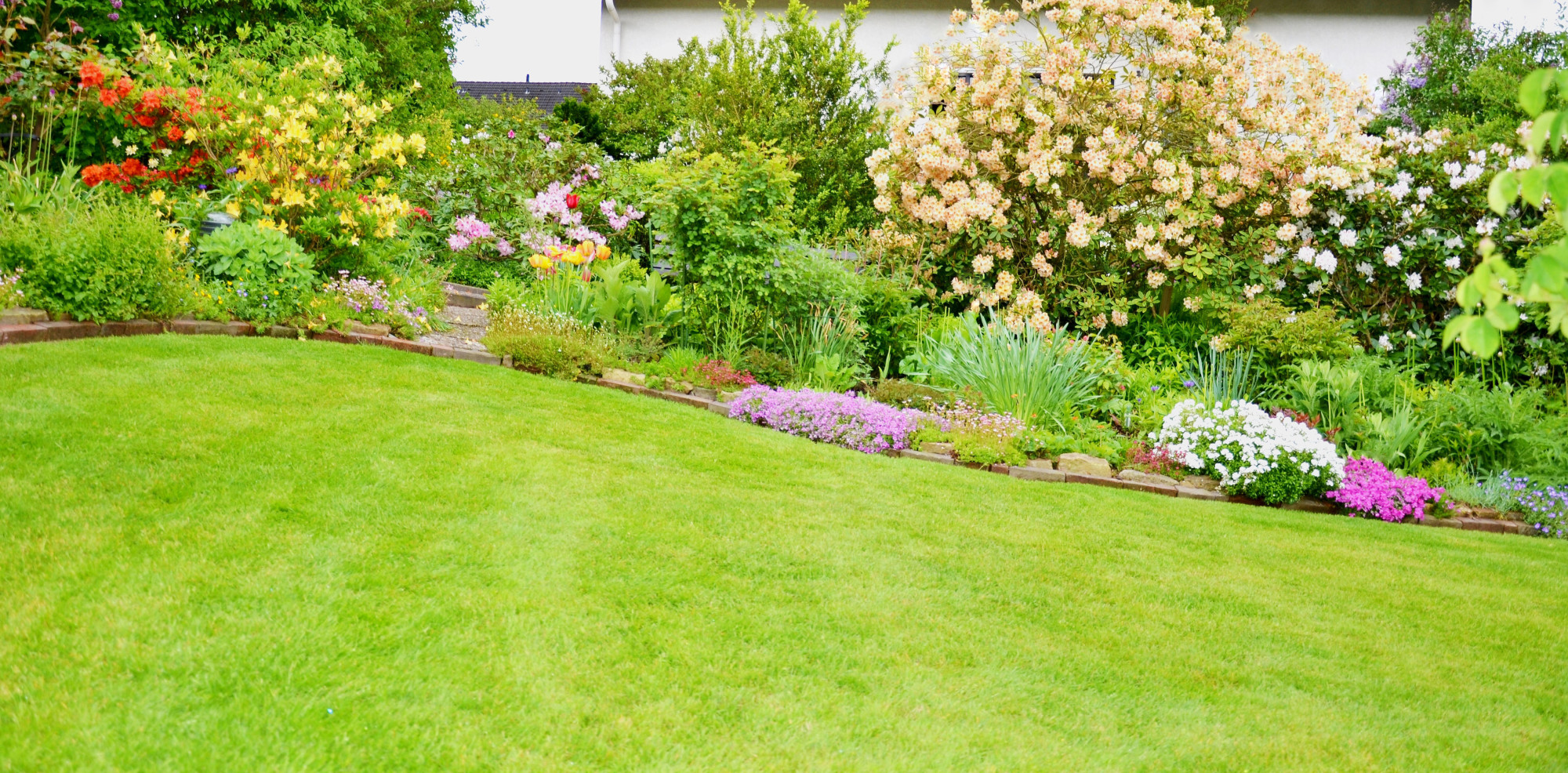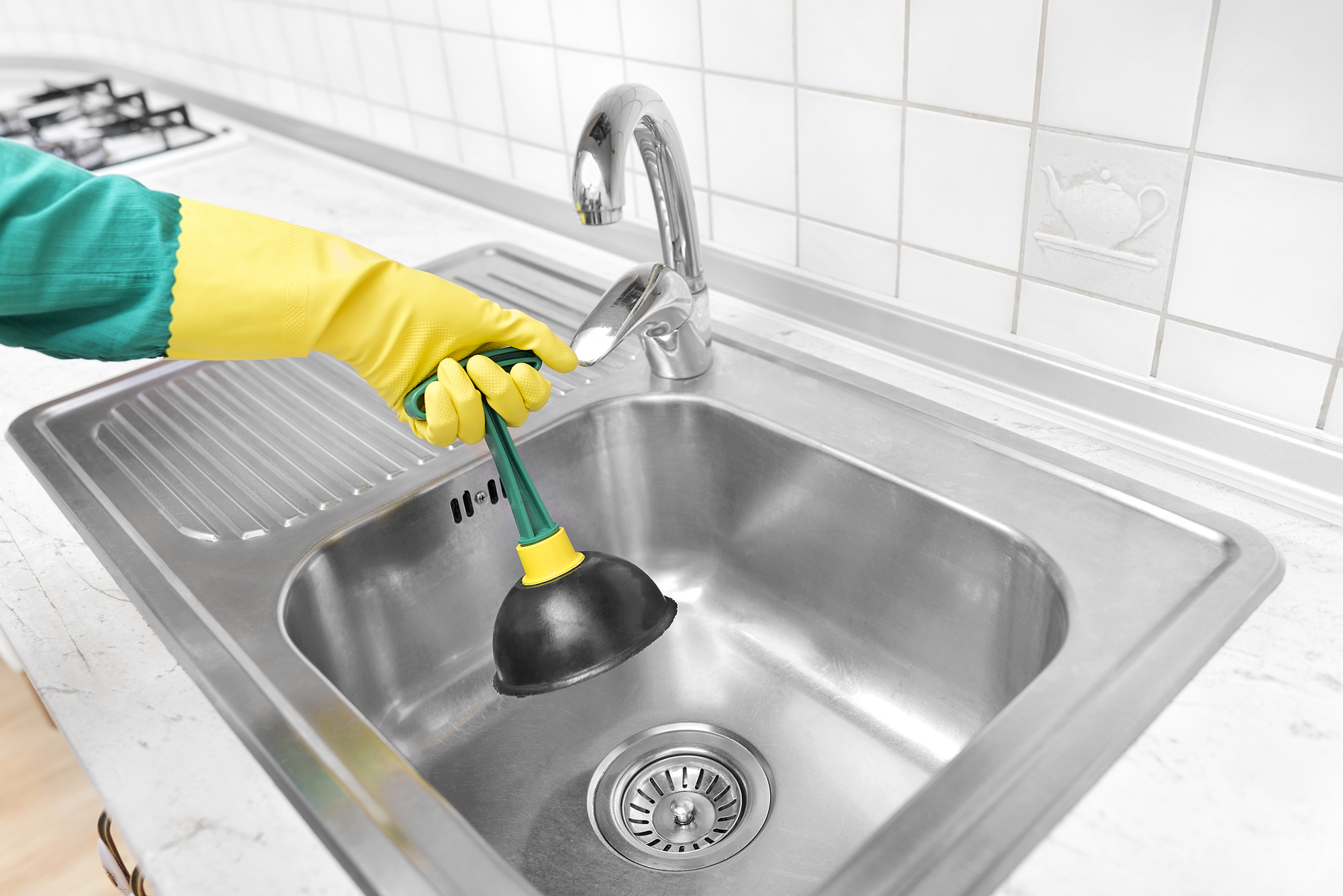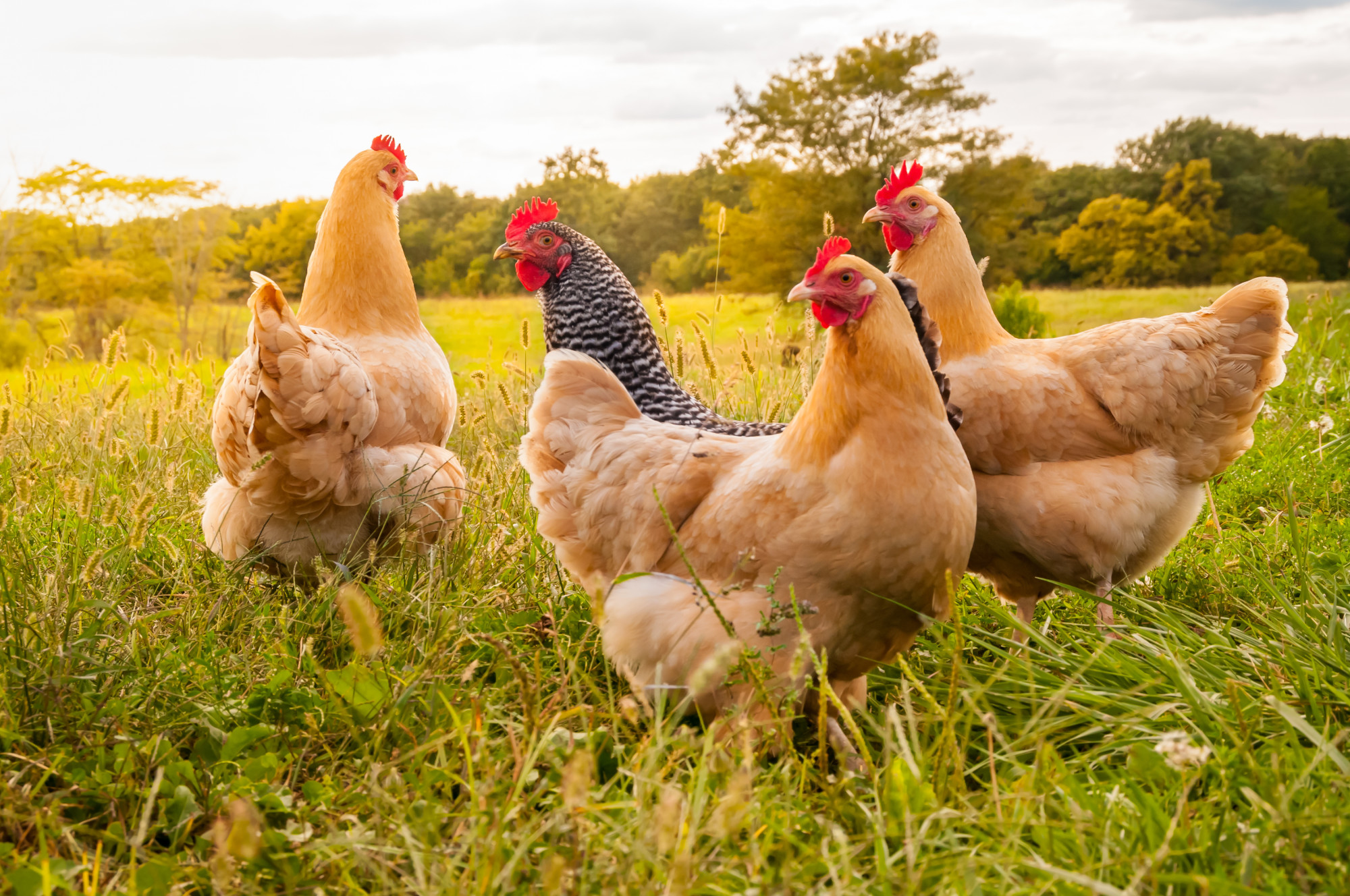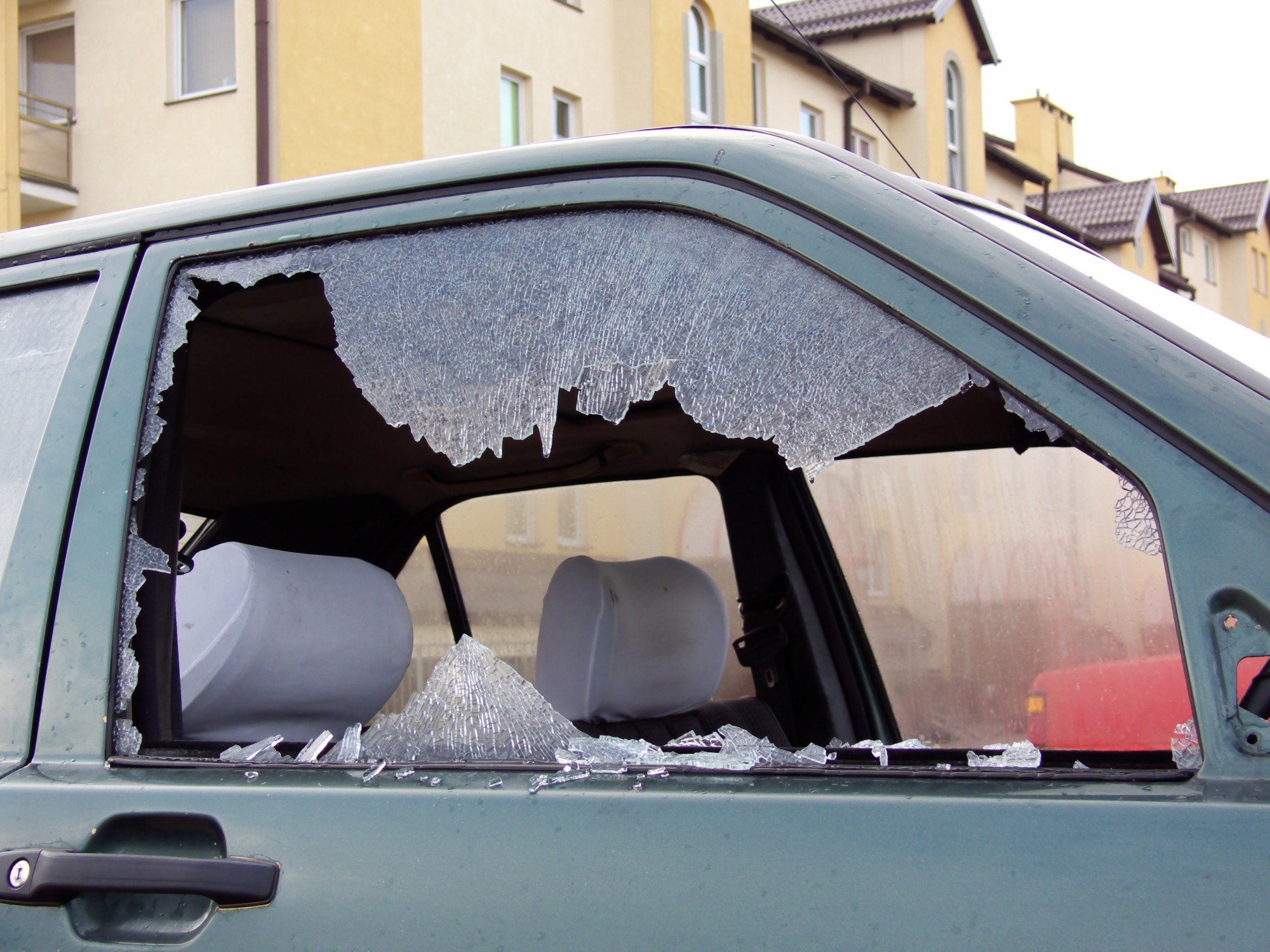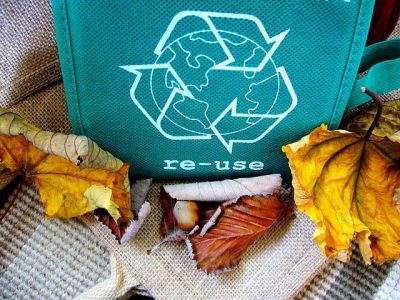You might ask the question, “what is a bollard?” You might, that is, if you’ve even heard of a bollard in the first place. Many people have not, especially those who aren’t British, since the UK uses it the most.
You’ve probably seen bollards, though—lots of them! Bollards are short, sturdy vertical posts with an extensive range of applications. You commonly see them in parking lots, in front of buildings, near shipyards, and in many other places.
In fact, bollards are so commonplace that you might not even notice them. They do have essential functions, though, and that is what we’ll discuss here.
What Is a Bollard?
Other than being a short, sturdy post, you can define “bollard” as something that’s meant to both deflect a car that’s out of control and serve as a subtle caution not to let a car get out of control or go where it doesn’t belong.
Bollards come in many shapes, designs, and materials that let them accentuate or stand out from their surroundings. It’s easy to define bollards as being meant to mark boundaries, but without human assistance (e.g., security guards), they can’t prevent entry.
At least they can’t block entry by people or animals, who can walk right past or through the bollards. They do have security functions, however, in their ability to stop vehicle traffic literally.
How Did Bollards Come About?
The term bollard emerged in the mid-1800s, as a name for the small structures on wharves to moor seagoing vessels. The concept of a bollard actually goes back much farther, to ancient times.
Between then and now, old cannons began to serve bollard-type functions, and probably other heavy objects adopted this purpose. Today, some heavy benches double as bollards, keeping cars from parking on walkways.
Bollards Today
Along with lending a touch of style to buildings and public spaces, bollards are also manufactured for practical reasons, including traffic control and barricades.
Companies like Innoplast Inc., manufacture bollards and related items, such as temporary traffic signs. Most are made of steel and have plastic coverings. These are either straight, vertical columns or are u-shaped.
Some steel bollards have padded coverings, most likely to reduce any damage to the cars that run into them!
Eco-Friendly Bollards
Why wouldn’t bollards be environmentally friendly? After all, some are plastic, and even more, steel. There are so many eco-friendly bollards that perhaps a new bollard meaning could be “eco-bollard.”
The next time you recycle a plastic bottle, think of the role it might play in saving the environment by becoming a bollard!
A Bollard for the Future
What is a bollard for the future, exactly? It seems as though bollards will have a place in society for many years to come. Not only is there more traffic needing management on a global scale, but there are also, sadly, people who deliberately use cars as weapons.
We can feel optimistic about future bollards for other reasons, too. Many of today’s bollards have been deployed as artwork. They brighten landscapes and cause people to stop briefly and ponder the meaning of each. Let’s hope we see more of these!
Who would have thought of bollards as being so widespread, not to mention eco-friendly? Keep reading our blog, though, and you might discover more eco-friendly surprises!

